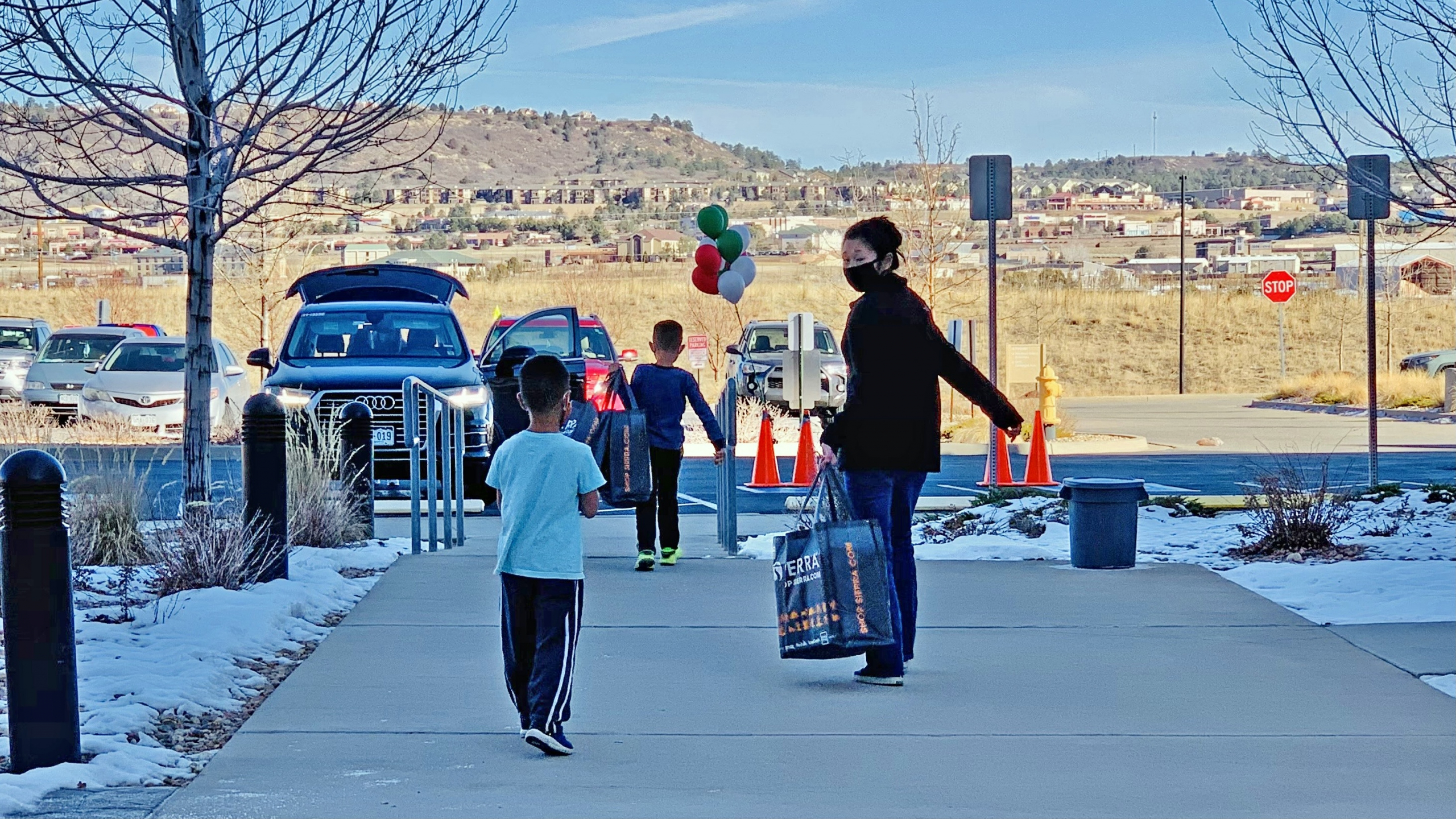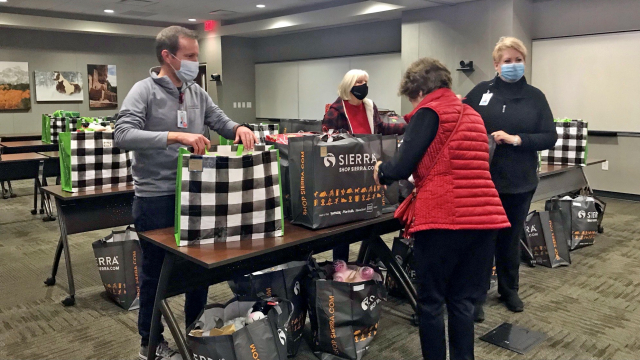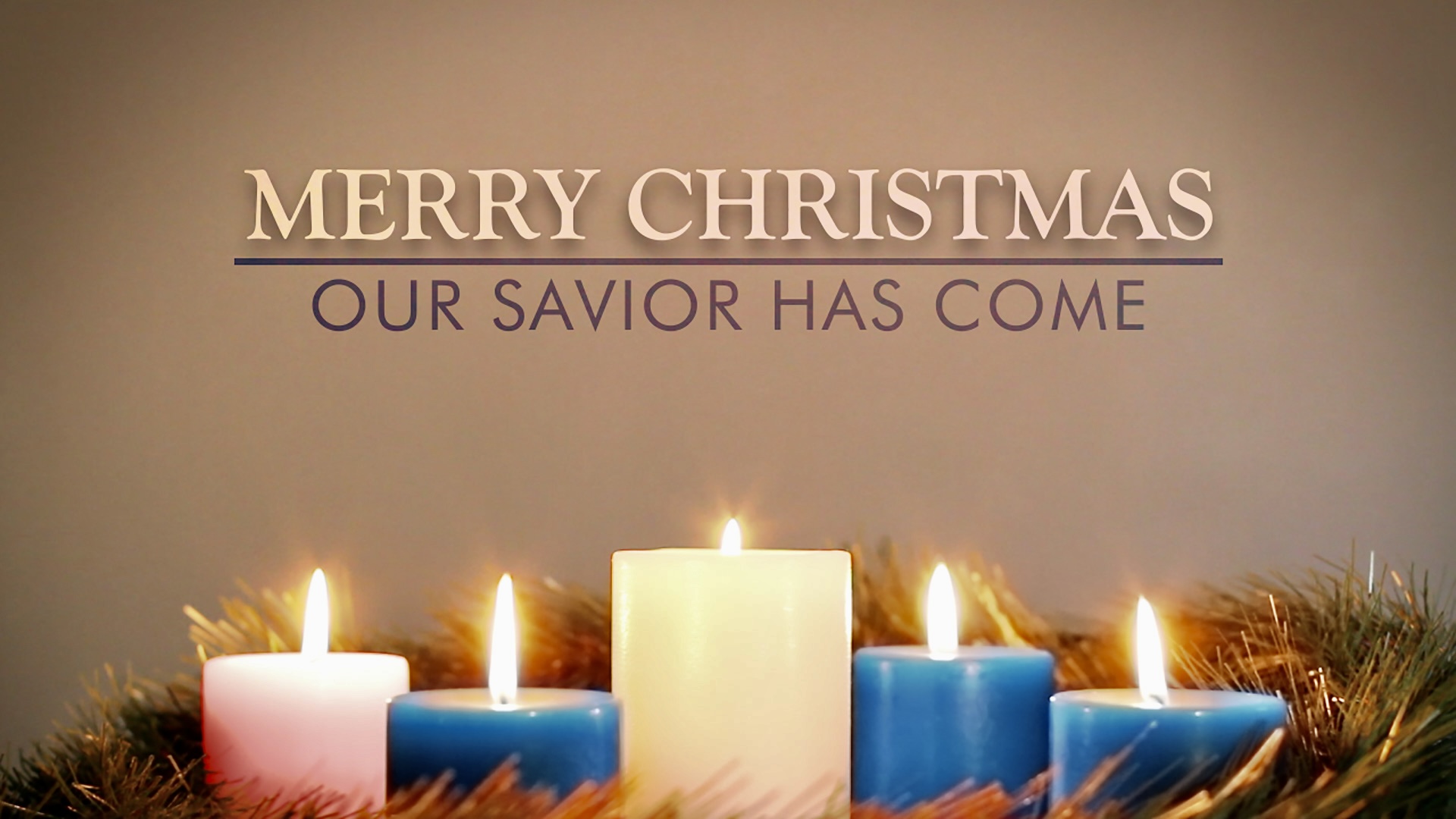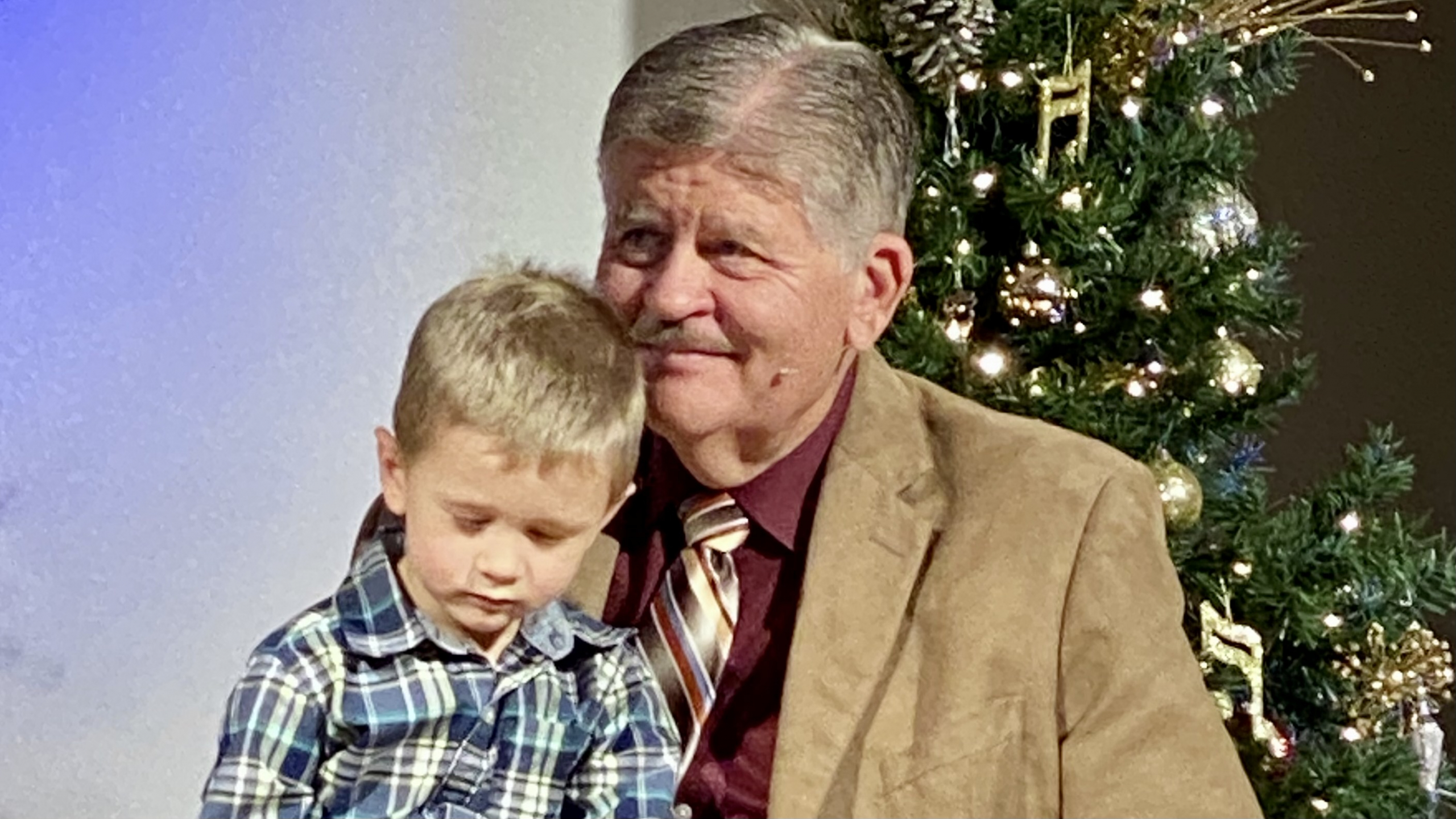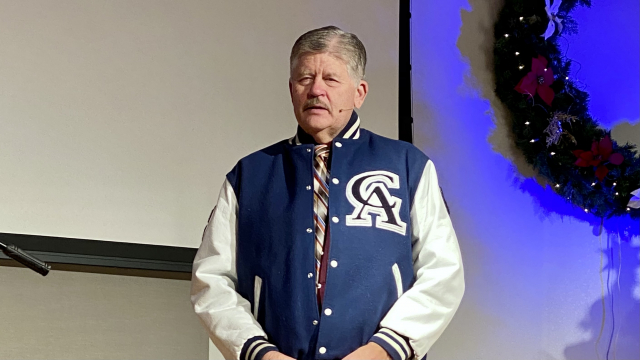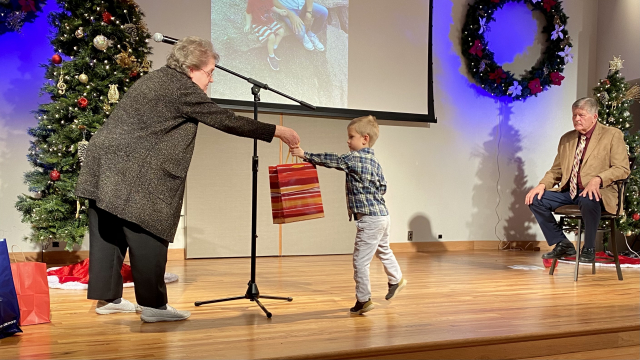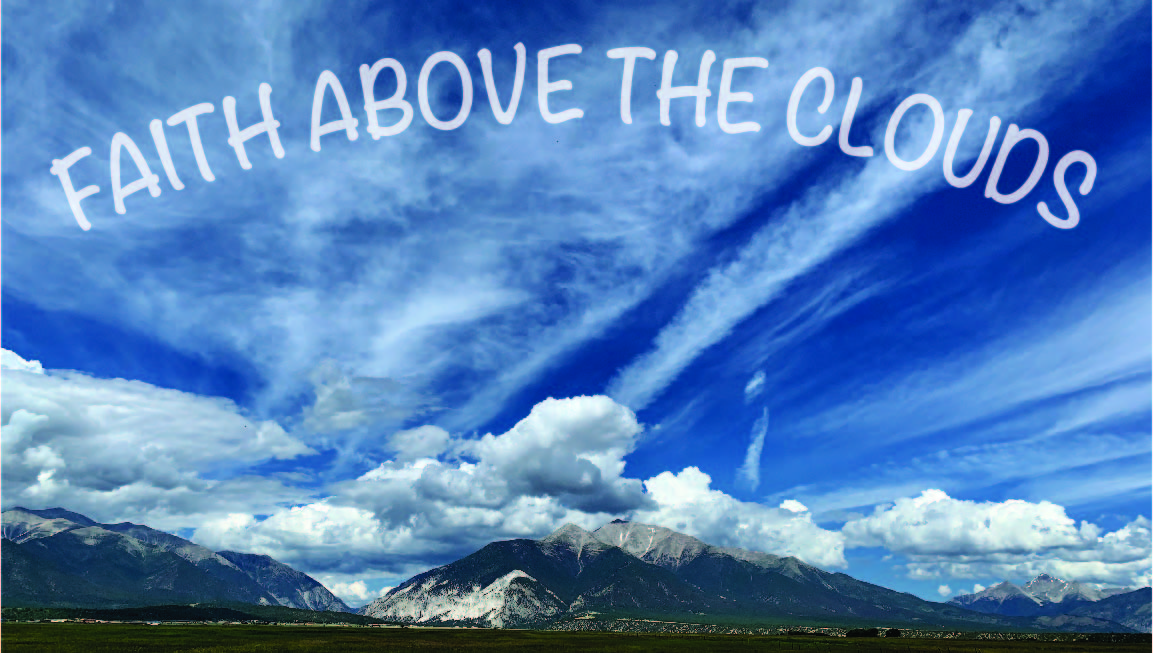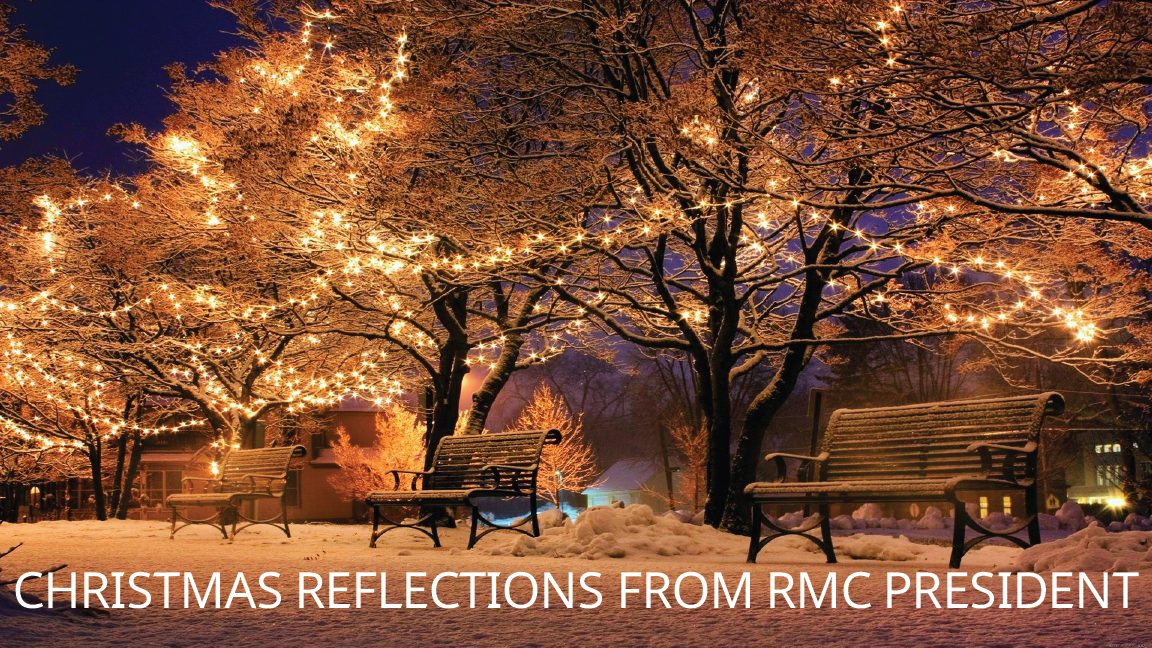By John Skrzypaszek — The Seventh-day Adventist Church faced challenging issues during the 20th century concerning life in a progressively-changing world. Rapid developments in industrialization, urbanization, immigration, and the exponential growth of cities heightened the presence of injustice caused by “indifference to human suffering” (Testimonies to the Church, 9, p. 89). Furthermore, internal denominational disputes, engendered by theological and organizational conflicts, di- verted the Church’s attention from the primary purpose of its mission in the world. Morgan argues that in the context of general societal issues, “Ellen White guided Adventists’ responses to the nation’s social problems” (Ellen Harmon White: The American Prophet, p. 224). Consequently, her counsels drew attention to social justice as an intrinsic part of the movement’s missional activity.
This brief reflection refrains from discussing White’s understanding and response to all aspects of social justice through the selective use of quotations, but rather aims to recapture the inspirationally-nurturing and visionary depth of her inspired voice from the trenches of her lived experience.
In a letter penned to Elder O.A. Olsen in January 1905, White described her visit to Battle Creek, Michigan. First, the recollections are fascinating because they delineate her role as God’s Messenger. Second, she was asked whether the views she held years ago changed. In response, she affirmed her beliefs’ unchanged continuity, but placed them in the context of the “same service” that the Master placed on her in the early years. One wonders what she meant by the continuity of her “unchanged views” and “same service.”
White’s progressive understanding of the biblical truth matured. She encouraged the Church to immerse life experience in the power of God’s Word to “discern more clearly the compassion and love of God” revealed in “Christ and Him crucified” (Circulation of the Great Controversy), a place where one finds “mercy, tenderness, and forgiveness, blended with equity and justice” (Acts of the Apostles, p. 333) She argued that “we should not only know the truth, but we should practice the truth as it is in Jesus.” This focus remained an unaltered mandate of her entire ministry—truth in terms of its practical application in the “Lord’s service” (Letter to Olsen).
In this context, she recalled her calling’s specific nature: “I was charged not to neglect or pass by those who were being wronged. . . . . I am to reprove the oppressor and plead for justice. I am to present the necessity of maintaining jus- tice and equity in all our institutions”(Letter to Olsen)
Space does not permit a detailed analysis of White’s response to the wide range of social justice issues, both with the community of faith and in society at large, but her influence’s impact commenced at the ground level of practical responses to human needs. Soon after her marriage in 1846, God instructed her to show a particular interest in motherless and fatherless children. She understood this responsibility as part of God’s missional response to human suffering (Isaiah 58: 6-7) with a specific goal: “I have taken children from 3 to 5 years of age and have educated them and trained them for responsible positions” (Letter to Olsen).
During White’s tenure in Australia, her home, Sunnyside, in Cooranbong, became “an asylum for the poor and afflicted” (Review and Herald, 1906). Her concern for the sick and suffering “won [the] confidence of the people” (Letter to Olsen). Thomas Russell, a local businessman, summarized the impact of her influence: “Mrs. White’s presence in our village will be greatly missed. The widow and the or- phan found in her a helper. She sheltered, clothed, and fed those in need, and where gloom was cast, her presence brought sunshine.” In her life and practice, the truth in Jesus translated into practical Christian experience, a place where people felt kindness and loving care.
The Great Controversy theme (1858-1888) contributed to White’s in-depth understanding of God’s love and His purpose for life in a broken world. It highlighted the value of freedom of choice and the intrinsic value and potential in human life. The named theme extended her ministry’s im- pact beyond the boundaries of the Adventist community into the “public arena—race relations and religious liberty” (Ellen Harmon White: The American Prophet, p. 236).
During her time in Australia, she wrote extensively on is- sues relating to colored races. In 1891, she wrote, “The Lord Jesus came to our world to save men and women of all nationalities. He died just as much for the colored people as for the white race. Jesus came to shed light over the whole world” (“Our Duty to Colored People”). In 1896, she cautioned the Church: “The walls of sectarianism and caste and race will fall down when the true missionary spirit enters the hearts of men. Prejudice is melted away by the love of God” (Review & Herald). Her appeals aimed to resonate beyond the realm of political activism. More precisely, she aimed to challenge the Church with a “new initiative to reach the nation’s impoverished and oppressed black population” (Ellen Harmon White: The American Prophet, p. 236). Consequently, her messages were inspirationally motivational and missional.
The example of her unique response to the ills of social injustice emerged from her sensitive approach to the abuses and mistreatment of indigenous people in Australia. While writing extensively about equality, she never made a direct reference to the country’s racial prejudice. Nonetheless, her voice motivated the Seventh-day Adventist Church to speak out against this social evil.
After her departure to America, The Bible Echo (August 19, 1901) published an editorial expressing the Church’s protest against government abuses and mistreatment of the indigenous people: “Every opportunity should be improved to create a public sentiment against the brutal customs above described until the authorities take hold of the matter and inaugurate a vigorous reform. The blot is a foul upon the country and should be eradicated without delay.”
Indeed, her counsel challenged Seventh-day Adventists to speak out against oppression and injustice, not merely as a forum for political activism, but as an intrinsic part of the movement’s missional activity to uplift and restore human value and dignity streaming from God’s kingdom of grace.
–John Skrzypaszek, DMin, has recently retired as the director of the Ellen White/Seventh-day Adventist Research Centre, and is a lecturer at Avondale University College (2005-2020), Cooranbong, NSW, Australia. Polish by birth, John takes a keen interest in heritage, spirituality and identity studies. He is married to Brenda and has two sons, Raphael and Luke. Email him at: [email protected]

